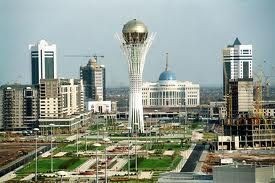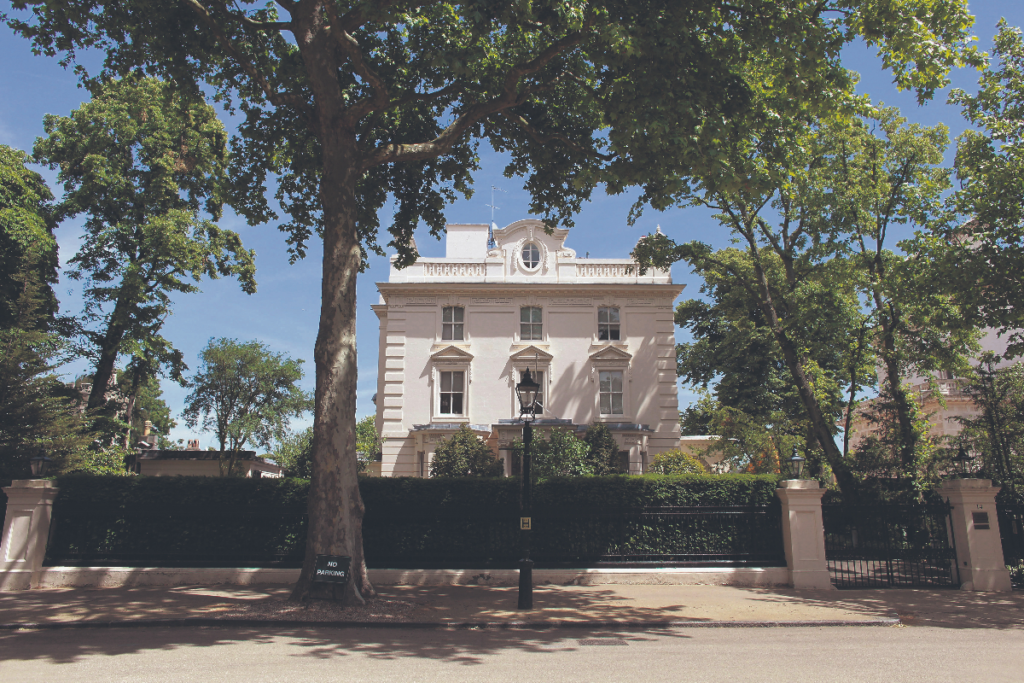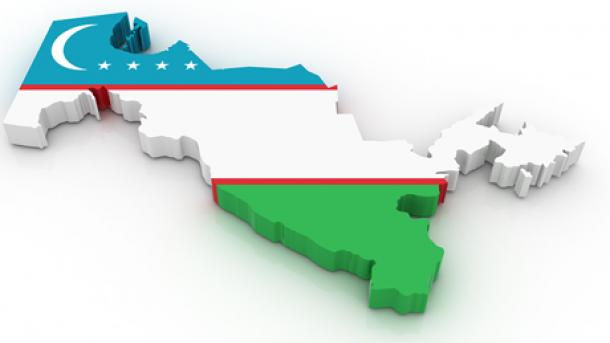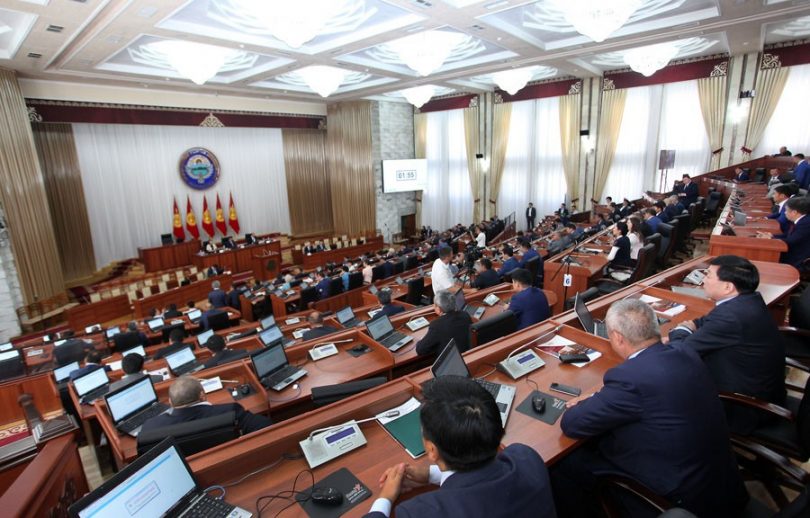ASTANA (TCA) — Kazakhstan President Nursultan Nazarbayev on January 20 dissolved the lower chamber of the Kazakh parliament, the Mazhilis, and set the early parliamentary elections for March 20.
Last week the Mazhilis asked Nazarbayev for its early dissolution “in connection with the aggravating economic situation in the country”.
The proposal was initiated by a group of lawmakers as Kazakhstan’s national currency, the tenge, continued to plunge against the dollar as Kazakhstan’s economy struggles with the continued sinking of global oil prices and the impact of Russia’s economic crisis.
The current Majilis’ term was due to end in autumn 2016.
All three parties represented in the outgoing parliament are pro-presidential.
Speaking on January 20, President Nazarbayev called on the people of Kazakhstan for unity under the current difficult economic situation, his press service reported.
In Nazarbayev’s words, the world is about to see “a new reality,” which means that it is necessary to learn to live under conditions of low commodity prices while developing industrialization and small and medium business.
Snap elections of the Mazhilis would be another “political show” that would not seriously effect on the situation in the country, Kazakh political analyst Dosym Satpayev told Novosti-Kazakhstan news agency last week.
“Kazakhstan has a longtime tradition of holding snap parliamentary elections,” he said. “The previous elections in 2012 were snap elections too. In fact it does not matter, since the parliament as a political player is not a very strong structure, and its members representing the existing political parties are of no serious interest for both experts and voters. Many of them were created artificially, so all political shows called ‘parliamentary elections’ in which they participate are of little interest.”
The analyst added that by holding snap elections, the authorities are trying to divert the population’s attention from the current financial problems, but “this is an illusion”.









